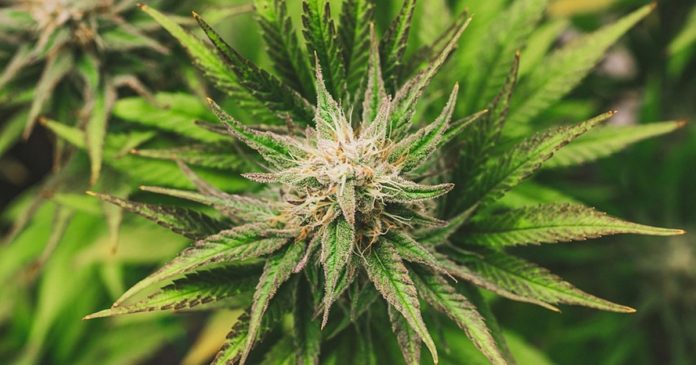A bill recently introduced to Kansas’ legislature aims to finally kick off a formal medical cannabis program in the state.
Various attempts to legalize medical cannabis in Kansas have been thwarted by lawmakers, much to the frustration of Governor Laura Kelly. Last year, Governor Kelly pushed for legalization in her 2023 State of the State address, commenting: “If they [some legislators] get their way, for yet another year thousands of Kansans will be forced to choose between breaking the law and living without pain.”
Those legislators did get their way. For now.
But another bill has been introduced this week seeking to create the medical cannabis pilot program act to establish limited cultivation, processing and dispensing of products. SB 555 was introduced on March 18. It would establish a program that would cover 16 medical conditions at this point, including cancer, fibromyalgia, traumatic brain injury and pain that is either chronic and severe or intractable.
The forms of cannabis that would be allowed are:
- Flower
- Pills or tablets
- Tinctures
- Patches
- Ointments
Edibles such as gummies will not be allowed. While flower would be permitted, smoking, combustion or vaporization of medical cannabis or derived products will be prohibited. However, the inhalation of vapors released by non-combustive heating of cannabis flower would not be considered smoking or vaporization.
As to how this latest bill will fare remains to be seen, but the concept of a pilot program still doesn’t sit well with all – and not just recalcitrant legislators. Last week, before SB 555 was introduced, the Kansas Cannabis Coalition stated:
“Why would we need a pilot program to see if Kansans will support a medical cannabis program? Why waste time and money on useless information? We do not need to reinvent the wheel, we have lots of successful medical program data to look at.”
A state-wide survey conducted by Fort Hays State University last year found 63.6% of respondents stated they were “highly” or “somewhat likely” to vote for a candidate who supported medical marijuana legalization. Furthermore, 67.2% of respondents supported legalizing recreational marijuana for individuals 21 and older to allow state taxation.
While Kansas doesn’t have a medical program, an affirmative defense against prosecution for possession of certain CBD products containing up to 5% THC in specific circumstances exists. SB 28, “Claire and Lola’s Law,” was signed off by Governor Kelly in 2019 – and there’s been little progress since.


